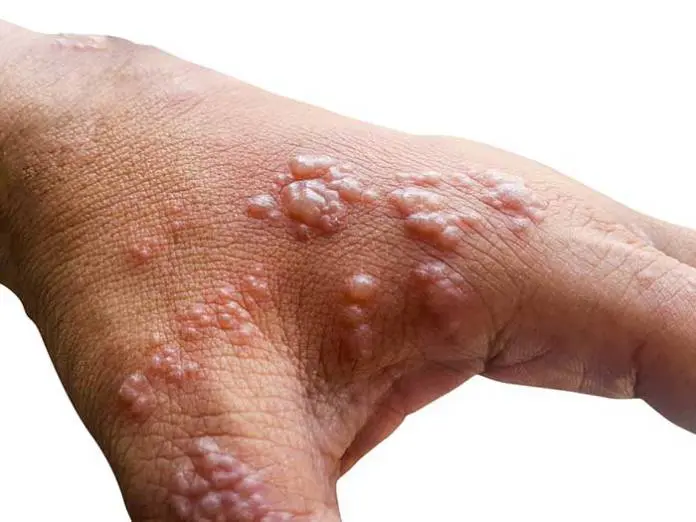
A recent CDC report has revealed that the monkeypox virus can survive on household items and surfaces such as light switches, blankets, sofas, coffee machines, laptops, and tables among others. The research found that the monkeypox virus can be detected on most household items within 20 days of a person getting infected.
Researchers also found that the virus survives on surfaces – even after cleaning and disinfecting such surfaces. The study authors, however, discovered people cannot get infected by the virus by touching household surfaces – probably because they have been affected by chemical and environmental factors in homes.
“The inability to detect viable virus suggests that virus viability might have decayed over time or through chemical or environmental inactivation,” the CDC wrote. “Their cleaning and disinfection practices during this period might have limited the level of contamination within the household.”
According to the World Health Organization (WHO), monkeypox cases have risen to 35,000 in 92 countries around the world. The global health agency suggested that genetic transformation may have helped the virus to spread fast across international borders. Scientists said the disease can be transmitted from people through personal contact, and also transmissible through sex and sexual activities such as kissing and cuddling.
The CDC has declared that monkeypox cases are rifer among the LGBT community, mostly among gay men.
“While anyone can get monkeypox, the majority of monkeypox cases continue to be in gay, bisexual and other men who have sex with men, with the infection being passed on mainly through close contact in interconnected sexual networks,” said Dr. William Welfare, Incident Director at the UK Health Security Agency (UKHSA). “Please continue to be aware of symptoms, including rashes and blisters, particularly if you have recently had a new sexual partner.”
Monkeypox vaccine is now available, but it is not widely available to match the rate at which the disease is spreading, causing the authorities to vaccinate only people who are most at risk of infection.











